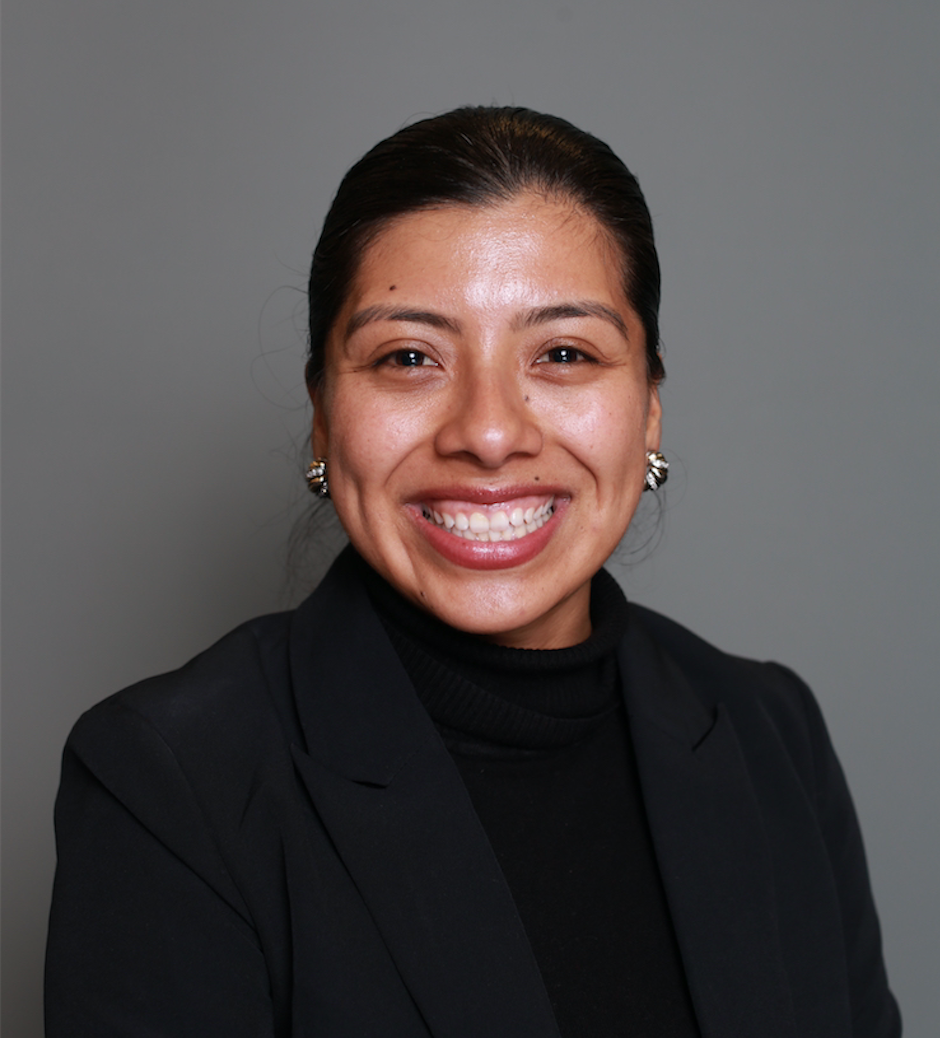#LatinosMarinos: Erica’s Journey From Child Advocate for Clean Beaches to Professional Policy Advocate for Clean Air and Water

Erica Fernandez Zamora recognized and established her relationship with Mother Earth as a small child in Michoacán, Mexico. Her mother encouraged her to embrace life’s lessons through environmental nurturing and self-discovery. In her early years, Erica’s mom was both the mother and father because her father had migrated north to the US to provide for the family. Erica’s mom instilled in her a strong work ethic to never give up. She describes her mom as a guerrera — a warrior who raised six children on her own.
“That is where it all started, and it has never really stopped,” Erica fondly reflects. “She taught me and my siblings to keep going and to fight for what we believe in.”
This education continued through her maternal conversations at home prior to Erica attending elementary school in Michoacán. When she was ten, she came to the United States and was reunited with her father.
Erica, her mother, and older siblings relocated to the Oxnard area. At the age of twelve, Erica expanded her relationship with Mother Earth when she volunteered to participate in an Oxnard beach cleanup. The beach was a free hangout place for Erica, her friends, and family and provided low cost outdoor recreation. She felt an obligation to keep the beach that she treasured clean. Erica met other like minded young people at the beach cleanup and began to form friendships and later civic relationships aimed at preserving and protecting the beach and marine life. This solidified her path as an activist.
While still a pre-teen, Erica began volunteering her labor as an organizer for CAUSE (Central Coast Alliance United for a Sustainable Economy). Through that association, Erica began her advanced education in social, economic and political realities. With the ocean, its wildlife, and the public beaches at constant risk from the mass exploitation from the fossil fuel industry, Erica found her voice. All those walks along Oxnard’s public beach instilled her convictions and further solidified her commitment to the environment. Then Erica’s first real live threat arose.
NorthernStar Natural Gas, a Houston based large energy private entity proposed a preemptive oceanic invasion to build an oil platform and construct a thirteen mile liquefied natural gas (LNG) pipeline to service Southern California Gas’ affluent California coastal communities. As is usually the habit of the fossil fuel lobby, the proposed LNG pipeline was designed to run through areas where resistance to their poisons, landscape, and water table pollution would have the least public resistance. The route would begin thirteen miles out in the ocean, extend through Oxnard’s public beach, and then proceed through Oxnard’s residential areas inhabited mostly by monolingual Spanish speaking U.S. citizens…all very familiar tactical planning. However, NorthernStar’s plan didn’t include bumping head-to-head with a fighter.
Erica used the power of protest to rally concerned Oxnard citizens against this endangerment to the Pacific Ocean’s wildlife and Oxnard’s public beach. Further study discovered the extreme dangers of millions of tons of LNG pollutants would have on the agricultural lands vital to the economy of Oxnard. This information helped her rally the Coastal Alliance and other community groups to protest this exploitation of the ocean, Oxnard’s public beach, and agricultural community. Erica helped organize public protests to take place at NorthernStar Natural Gas’ offices in Oxnard. The campaign went on for three years.
Finally, the California State Lands Commission met to approve or prevent the LNG pipeline project from moving forward. Erica was asked by the various protesting groups to speak to the California State Lands Commission. Without using presentation slides or even a full command of the English language, Erica expressed her heartfelt concerns for the ocean, its wildlife, Oxnard’s public beach, and its agricultural community. This work became the basis for California’s SB 412, which entitles communities to have a say in proposed coastal construction. In the end, this event refined Erica’s community organizing skills as she spoke to numerous groups of people who had felt absolutely powerless against the financial and political might of a fossil fuel company.
Erica went on to continue her education at Stanford University, where she earned an undergraduate degree in urban studies specializing in ecology knowledge, biodiversity and sustainability (SEEDS). She also earned a master’s degree in policy, organization, and leadership studies at Stanford University’s Graduate School of Education. Her public advocacy continues, spurred by the words made famous by Cesar Chavez:
“Once social change begins it cannot be reversed. You cannot un-educate the person who has learned to read. You cannot humiliate a person who feels pride. And you cannot oppress a people who are not afraid anymore.”
Currently, Erica works in Fresno with the Leadership Counsel for Justice and Accountability as a policy advocate to ensure that communities in the Central Valley have equal access to clean water, clean air, and adequate transportation. Her parents are farm workers, and she feels a personal connection to the struggle for clean water and air in the a community that is noted for having the worst air quality in the country.